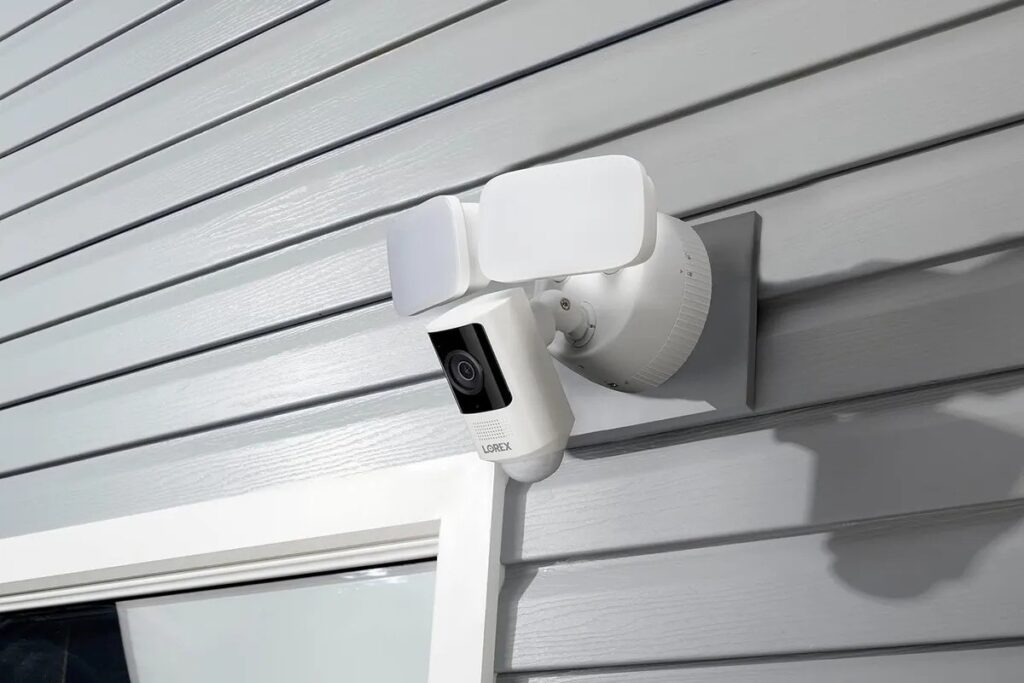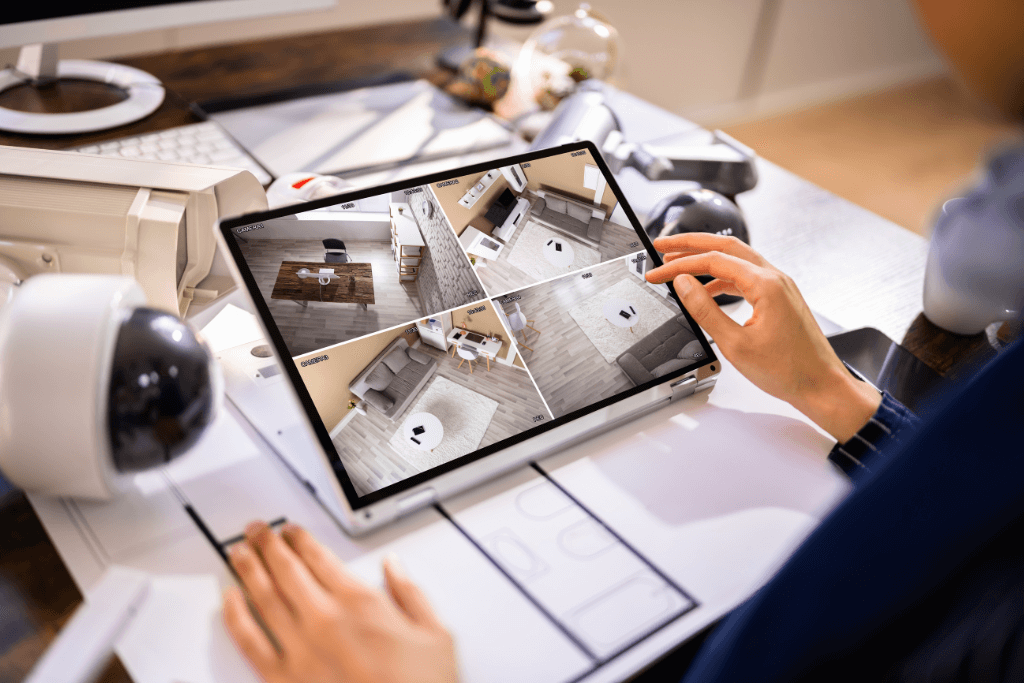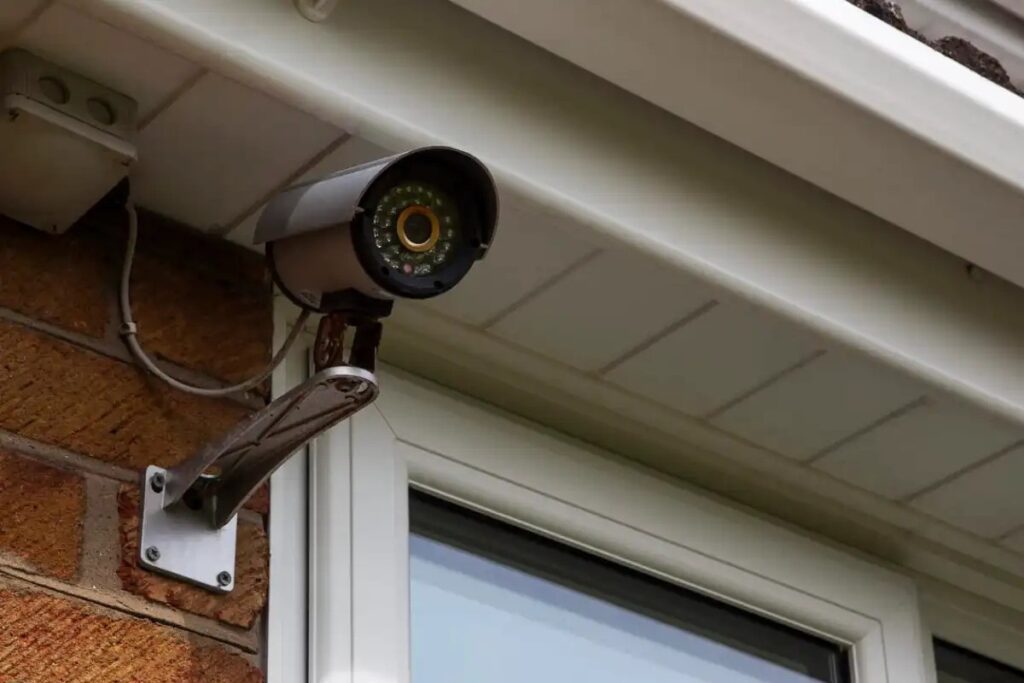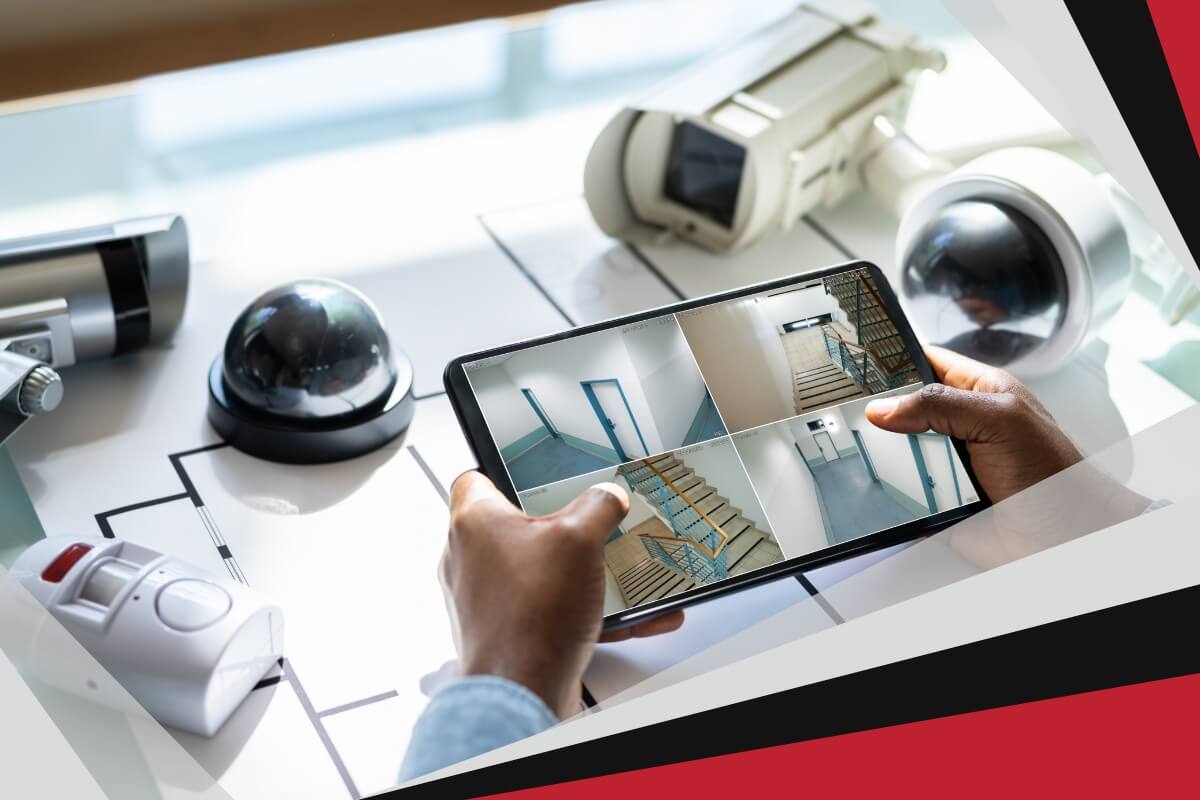In today’s world, ensuring the safety of your property is more important than ever. With the increasing rates of crime and a growing number of innovative security solutions, choosing the right system can make all the difference. One effective solution is a monitored alarm system, which provides an extra layer of security that can safeguard your belongings and give you peace of mind. This article will cover the fundamentals of monitored alarm systems, their role in property protection, the advantages they hold over traditional alarms, how to choose the right system, and the future enhancements this technology may bring.
Understanding the Basics of a Monitored Alarm System
A monitored alarm system is designed to detect unauthorised entry or emergencies within a property, promptly notifying the appropriate authorities or monitoring centre. Unlike standard alarms, which solely sound off an alert, monitored systems provide real-time responses, allowing for a more effective security measure.
These systems typically consist of various components, including sensors, alarms, cameras, and a communication interface to connect with professional monitoring services. By employing multiple layers of detection, monitored systems can effectively mitigate potential threats.

The Components of a Monitored Alarm System
The primary components of a monitored alarm system can be categorised into three main areas: intrusion sensors, monitoring equipment, and alarm systems. Intrusion sensors, such as door and window contacts, detect unauthorised access when breached. Additionally, motion detectors can monitor movement within a property, alerting the system when someone enters a secured area, even without breaking in.
Monitoring equipment includes control panels, which act as the brain of the system, and communication devices that relay information to the monitoring centre. Alarm systems usually incorporate loud sirens or strobe lights to deter intruders and signal the need for immediate action.
How Does a Monitored Alarm System Work?
The functionality of a monitored alarm system starts when one of the sensors is triggered, either by movement or by an attempt to open a secured entry point. Once activated, it sends a signal to the control panel, which processes the alert and instantly notifies the monitoring centre.
The monitoring centre, staffed 24/7, receives the alert and verifies whether it’s a legitimate threat. If confirmed, they contact the local authorities, ensuring a quick response to the situation. This level of surveillance and prompt action considerably enhances overall safety and peace of mind for property owners.
Related: Your Essential Guide to Choosing the Best Home Security System
The Role of a Monitored Alarm System in Property Protection
The primary function of a monitored alarm system is to protect property from potential threats. Its efficacy lies in its ability to provide swift responses to emergencies, ultimately preserving the integrity of your home or business. Understanding the nuances of how it operates can help highlight its importance in maintaining property security.

Preventing Break-ins with a Monitored Alarm System
A prominent benefit of a monitored alarm system is its role in deterring break-ins. The mere presence of visible security cameras and alarm signs can discourage would-be intruders from targeting your property. Additionally, the knowledge that your home is being monitored 24/7 offers a reassuring layer of protection.
In instances where an intrusion does occur, the immediate alert sent to the monitoring centre increases the likelihood that police will arrive before significant damage occurs. Rapid response times can be crucial in preventing further criminal actions.
Minimising Damage Through Early Detection
Moreover, monitored alarm systems are not solely about break-ins; they also protect against other emergencies, such as fires or floods. With appropriate sensors installed, the system can detect smoke or water presence and alert the monitoring centre, leading to timely intervention by emergency services.
This capability is vital for minimising damage, whether that’s protecting priceless belongings from water damage or ensuring that fires are dealt with before they become uncontrollable. Early detection is a key strategy in preserving both property and lives.
The Benefits of a Monitored Alarm System Over Traditional Alarms
While traditional alarms serve a purpose, they lack the immediacy of monitored systems. Understanding the specific advantages can help individuals make informed choices regarding their security options.
24/7 Surveillance and Peace of Mind
One significant benefit of a monitored alarm system is the constant surveillance it offers. Knowing that trained professionals are watching over your property at all times provides unparalleled peace of mind. It removes the burden of monitoring from the property owner, allowing them to go about their lives without worry.
This round-the-clock vigilance ensures that someone will always react promptly to any alerts, which is particularly comforting when you are away from home, whether on holiday or at work.
Immediate Response to Emergencies
Another advantage lies in the immediacy of response. Monitored systems deliver swift notifications to emergency services, ensuring they’re on the scene without delay. In the case of a break-in, this can lead to capturing the culprits or recovering stolen goods. Furthermore, quick responses to fires can save structures and lives, showcasing the vital necessity of having a monitored system in place.

Choosing the Right Monitored Alarm System for Your Property
Selecting the perfect monitored alarm system entails evaluating various factors that align with one’s specific security needs. By understanding these essential components, homeowners can secure the most suitable systems for their properties.
Factors to Consider When Selecting a Monitored Alarm System
When considering a monitored alarm system, start by assessing the size and layout of your property. Larger or multi-level homes may require more extensive coverage, featuring additional sensors and cameras. Additionally, consider the types of threats that may be prevalent in your area, such as burglary or fire hazards.
Furthermore, evaluate the reliability and reputation of the monitoring service provider. Read reviews, compare services, and check for certifications to ensure you choose a dependable partner for your security.
Understanding the Installation Process
Installation of a monitored alarm system varies depending on the product and professional services you choose. Some systems allow for DIY installation, while others involve professional help. Ensure you understand the process and requirements before committing to a provider.
A thorough assessment of your property by a security expert can be beneficial, as they assess placement for sensors and cameras to achieve the most effective coverage.
The Future of Property Protection: Smart Monitored Alarm Systems
The landscape of property security is evolving, especially with the advancement of smart technology. This future convergence of traditional monitoring systems and smart technology is reshaping the way we protect our homes and businesses.
The Rise of Smart Technology in Property Protection
Smart monitored alarm systems incorporate internet connectivity, allowing homeowners to manage their security systems remotely. Through smartphones or tablets, users can receive alerts, view live video feeds, and even control devices from virtually anywhere. This level of convenience is dramatically changing how individuals approach security.
How Smart Monitored Alarm Systems Enhance Security
These advanced systems offer additional features, such as automated alerts, integration with other smart devices, and advanced analytics. This means that potential threats can be processed and analysed more effectively, enabling faster response times and improved safety.
In summary, smart monitored alarm systems are not just a trend; they represent the future of property protection, providing enhanced security through innovative technology and real-time monitoring.
In conclusion, investing in a monitored alarm system is a critical step in safeguarding your property. With robust features, rapid response capabilities, and the emergence of smart technologies, these systems ensure that your property remains secure now and into the future.

